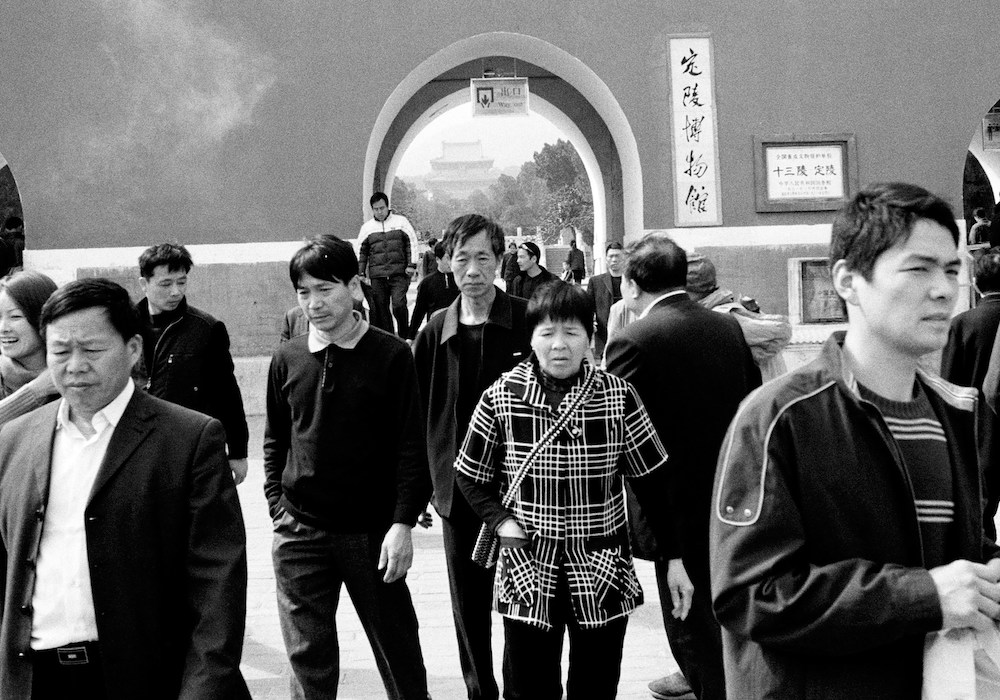In our idleness, cinnamon blossoms fall.
In night quiet, spring mountains stand
empty. Moonrise startles mountain birds:
here and there, cries in a spring gorge.
From Mountain Home: The Wilderness Poetry of Ancient China, forthcoming from New Directions.








